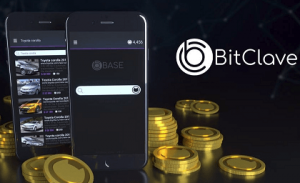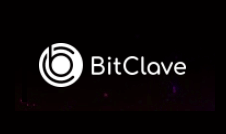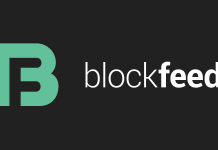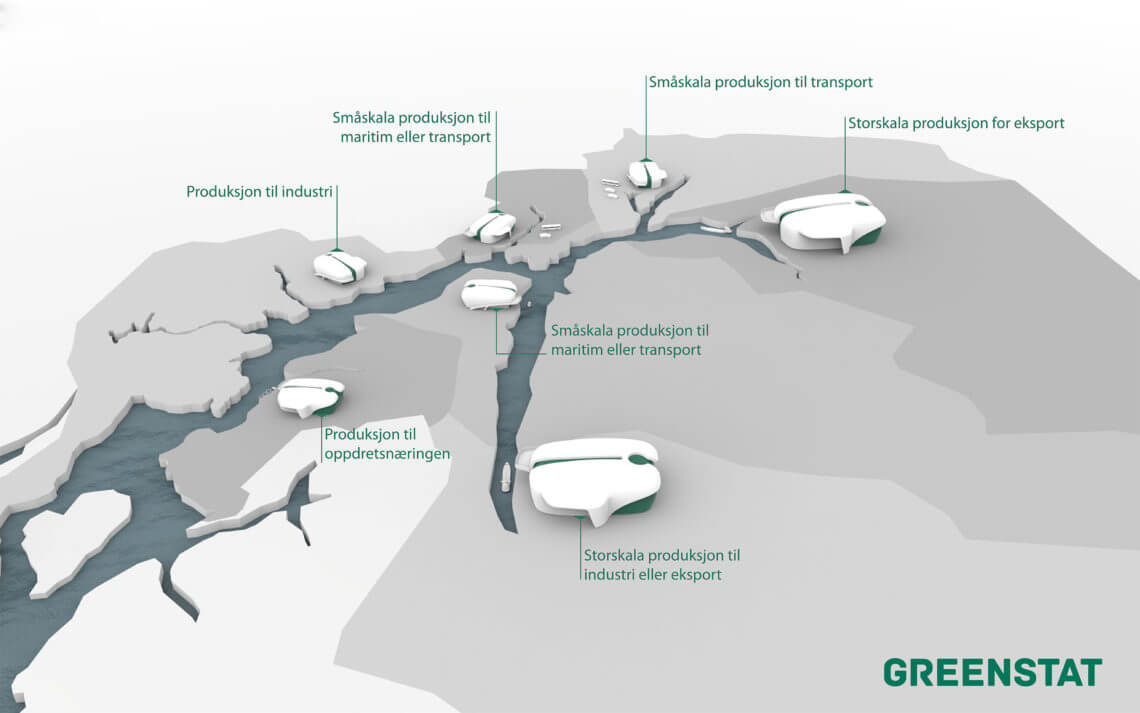Interview with Emmanuel Owusu Chief Architect and co-founder of BitClave.
Can you introduce yourself?
My name is Emmanuel Owusu. I’m a PhD cybersecurity researcher at Carnegie Mellon University. I’m also Chief Architect and co-founder of a startup called BitClave.
What is BitClave?
BitClave is a blockchain startup based in Mountain View, California. Our team is developing a suite of transformative technologies that apply distributed ledger technology to the domain of personal privacy, decentralized search, and digital advertising.
One of the primary technologies we are developing is a decentralized search platform called the BitClave Active Search Ecosystem (BASE) which has the potential to redefine how online search and digital advertising work by prioritizing user control.
On the BASE search app, digital advertising is a completely transparent and mutually beneficial process for businesses and users. Individual users receive data use payments directly from businesses while searching privately for the most relevant products and services. Businesses receive excellent customer leads for their offerings through a direct medium.
What is the difference between centralised search and decentralised search?
Decentralized search is the next step in terms of the progression of digital advertising as a

platform for connecting people and businesses. And a revolutionary step at that. Whereas the progression of advertising has traditionally centred around changing publishing platforms (for example, from newspapers to yellow pages to Yahoo! Search), decentralized search is centred around a network of people, businesses, and the data that connects them.
What are the advantages for users when using decentralised search?
With centralized search, user do not play a decisive role in terms of how their data is used outside of the search service. With decentralized search, users retain ownership over their search data.
Because decentralized search is user-controlled and agnostic to user-facing publishing platforms, the network can be readily used by a community of publishing platforms that benefit from using the network — both as a valuable ingress point for contributing user content and as an egress point for services that benefit from user data that is not accessible solely through their product use case.
Because decentralized search implements a cryptographically distributed and consensus-based data management model, it removes that need for costly advertising middlemen and avoids the privacy pitfalls of entrusting the majority of our personal information to a small number of commercial entities.
How will BitClave convince users that these advantages are relevant and important to them?
For some users, the biggest draw will be the personal privacy controls. For some other users, the biggest draw will be that they receive payment simply for using the platform. For many more users, the stickiness factor will the fact that they enjoy those benefits while using their favorites online services and engaging with their favorites businesses and brands.
Will the user searches be accessible to BitClave staff?
Generally, there are two levels of access that we would like to manage at the protocol level: unauthorized access and user-authorized access. Unauthorized access refers to how much a curious observer of the network can learn about individual users. In this case, no, searches are not accessible to BitClave (or any observer of the network for that matter).
However, end-to-end encryption is not the end of the matter because many of the interesting product use cases involve some form of user-authorized access. But even in the case of user-authorized access, (1) the process is transparent to users, (2) users are paid by businesses for data use, (3) users can limit access through flexible privacy controls, and (4) cryptographic techniques are used to enable valuable operations to executed over data without disclosing individual identities or attributes. In this case, BitClave does not enjoy any special access above or beyond the user-controlled access channels that are available to any service provider on the network.
What are the key features of the blockchain that will power BitClave?
Blockchain, or more broadly, distributed ledger technology is the core technology that underlies BASE. Blockchain enables mutually distrusting parties to engage in mutually beneficial enterprise.
The key feature of blockchain that powers BitClave is that it supports self-organizing ecosystems at the protocol level. All activities on BASE are validated publicly using known algorithms and verified through consensus by a peer-to-peer network — all activities on BASE are transparent and decentralized.
How will BitClave index the internet?
Decentralized search on BASE is a bit different than web search. As such, we are not interested in providing another solution for indexing the Internet. Instead, we are interested in establishing a suite of decentralized search services that better integrate user-facing and business-facing search services.
Broadly speaking, you can categorize the processes that makeup publishing platforms (that is, user-facing search services) into the production and consumption of digital advertising (that is, business-facing search services). On the production side, you have the content creation activities of users and the user data curation activities of publishing platform. On the consumption side, you have the audience finding analytics of the ad network and the marketing activities of businesses.
One outcome of this process, at least as it stands today, is that businesses and individuals are largely relegated to the economic roles of consumers of search services even though they play pivotal roles in production. Decentralized search can bridge the gap between businesses and the people they serve through distributed ledger technology and prioritize user control over personal information at the protocol level. Perhaps a better analogy for BASE (than a decentralized web search app) is an app store for search services.
Can IPFS handle such massive amounts of data?
One could argue that decentralized storage and peer-to-peer content distribution protocols are better suited for handling massive amounts of data because they resolve the limitations of protocols designed to route traffic from a single point of origin. Large data centers employ multiple sites, data redundancy, and dedicated fiber optic lines to support the availability guarantees of a well-dispersed content distribution network. And even then, providing strong reliability and availability guarantees for the “last mile” is difficult.
IPFS is one of several solutions we are evaluating in-house for file systems that support decentralized storage and distribution. The biggest practical concern with building data-intensive decentralized storage networks is identifying cost-efficient deployment models. There are several promising technologies in this space. For example, Filecoin is applying blockchain to provide an incentive structure that encourages the type of economies of scale needed to make IPFS the preferred file system implementation of the web.
Storage is one part of the search, processing is another. How will processing of this data be organised?
The core architecture must support a wide variety of processing techniques from different service providers while enforcing both network-wide and user-specific access control policies.
The protocol specifications that define the requirements of a valid blockchain request deal largely with access control whereas any processing technique satisfying access control requirements may be deployed to the network as a search service. The BASE SDK will include resources that abstract away access control requirements, making it easier for developers to build high impact product use cases without running afoul of user data protection.
How will BitClave deal with internet spam, duplicate content and the like?
The value of data on the network is established by a market of service providers and priced in terms of its contribution to increased promotion-to-purchase ratios. So, in general, low-quality data such as spam will be attributed lower and lower value across the network.
Will BitClave have a program similar to Google AdSense?
There will be programs that enable third-party publishing platforms, such as websites, to host sponsored ads and receive payment for connecting users and business. One key difference here is that both the user and the publishing platform get paid for sponsored ads — the user for having contributed lead-generating data in past and the publishing platform for connecting this user with a business.
What can webmasters expect in terms of guidelines?
Webmasters can expect community guidelines that prioritize user privacy and control. In addition to guidelines, webmasters can expect plug-and-play integration and developer support.
What are some key dates in the BitClave roadmap?
We are currently in the process of completing the pre-sale fundraising effort as well as  internally testing the alpha release.
internally testing the alpha release.
For the remainder of Q4 2017, we are working diligently on conducting a smooth crowdfunding event as well as releasing beta versions of the user-facing app.
2018 will focus primarily on building out the full network both in terms of software development and business development. You can expect announcements such as open source SDK releases, commercial partnership, and community grants all aimed at bootstrapping and growing the network.
What are the details of the ICO?
The official BitClave token sale is slated for November 8th, 2017. The goal for the fundraiser is $50M. To date, we have raised $16.5M during pre-sale events and have received commitments for another $24M.
The official details are available online at https://www.bitclave.com. I’d like to invite your readers to subscribe on our website and to follow us on social media to support this project and receive all the latest updates!
We thank Emmanuel Owusu for the interview.












